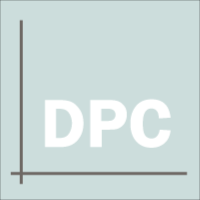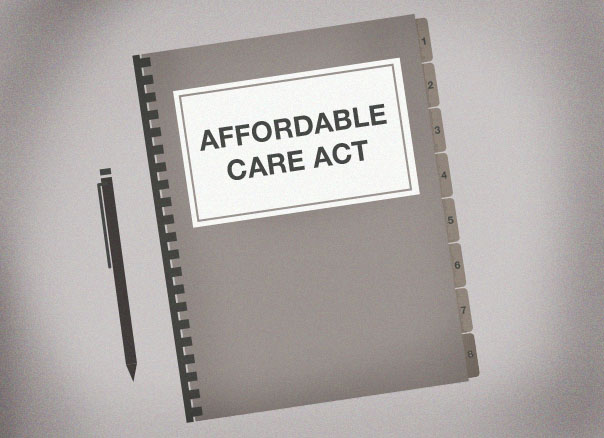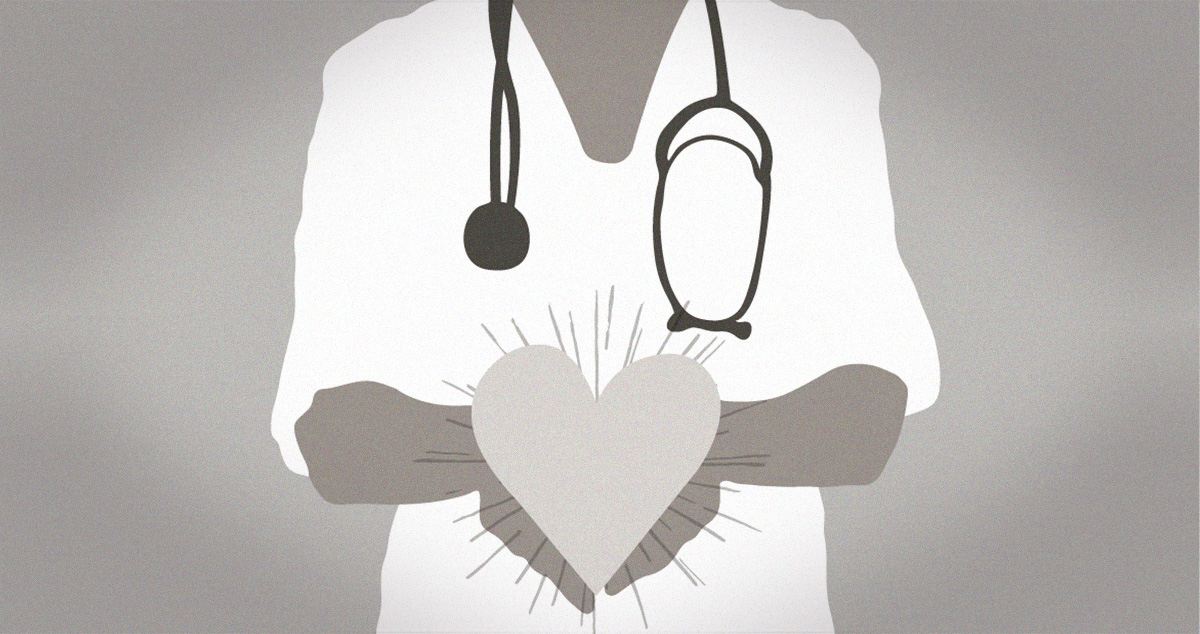As the second year of the pandemic comes to a close, it’s as good a time as any to take stock of 2021 and examine how the direct primary care industry has fared during these strange times. As it turns out, 2021 was a fantastic year for DPC on the whole. Growth was steady as new clinics opened across the country and more patients than ever were able to get access to better, affordable healthcare. Moving into 2022, it’s clear that direct care has never been better, stronger, more innovative, or more in demand.
Pushed to the limit
It’s no secret that doctors were already under immense strain before Covid-19, but since the start of the pandemic, the pressures on the public healthcare system and the medical professionals that staff it have been nothing short of staggering. Not only has this led to lower quality of care across the board, but physicians already suffering from burnout associated with overworking and excessive hospital administration were pushed to their limits as hospitals struggled to cope with an influx of patients and sick medical staff. This resulted in a phenomenon termed the “Great Resignation”, which saw vast numbers of healthcare professionals leaving in droves. In August 2021 alone, more than 534,000 people left the healthcare industry, causing huge disruptive turnover among primary care providers.
Pandemic-proof
The same can’t be said for direct care. The telehealth capabilities inherent in most DPC practices meant that doctors were able to continue providing safe and effective treatment for their patients throughout the worst of the pandemic. They could keep their doors open while others had to shut, and at the same time operate under comparatively less stress due to working with significantly smaller patient panels and attending to less administrative work than traditional clinics.
Many doctors saw the benefits of this model and steered their ships in that direction, opening up direct care practices across the country even in the midst of mutating variants. While there is no official registry of DPC practices and the available data can sometimes be difficult to parse out, information gathered by DPC mapper and the DPC Alliance demonstrates a steady increase in the number of DPC clinics throughout the country.
Paving the way forward
2021 was also a great year for DPC legislation. In South Dakota and Montanna, legislation amending the definition of DPC as “not insurance” was passed, and bill SB374 was enacted allowing healthcare providers in Montana to dispense medications directly to their patients. Bills to pave the way for easier DPC access were also submitted in South Carolina, Texas, Massachusetts, and Maryland.
In demand
The reputation of and demand for DPC has also grown tremendously in the last year, as evidenced by the ever-increasing articles on the subject in well-known publications. A consumer survey by Hint Health also found that 83% of employees in the U.S. would be likely to sign up for direct primary care (DPC) membership if offered by their employer, and a study published in Population Medicine found that in general family medicine physicians were open to the idea of direct care, and felt that “DPC can offer positive outcomes through lower administrative burden for physicians, improved doctor-patient relationships, and better access.”
Conclusion
It’s clear that direct care is heading in the right direction, and industry growth on a physical, legislative, and reputational level experienced in 2021 reflects this. There’s no reason to believe that this momentum can’t be sustained into 2022 and that by moving one foot purposefully in front of the other, DPC can gain a firmer foothold and continue improving healthcare throughout the country.








